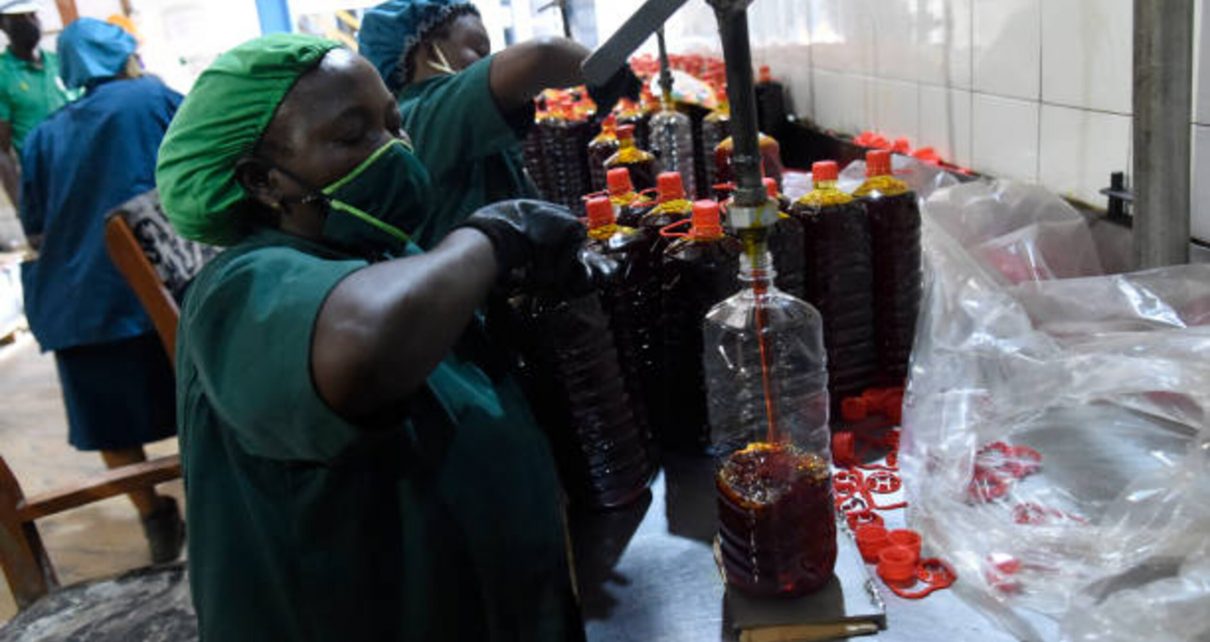Nigeria’s economic growth slowed to 2.4% in the first quarter of 2023, from 3.6% in the fourth quarter of 2022, according to the Organisation of the Petroleum Exporting Countries (OPEC).
The slowdown is expected to continue in 2023, with OPEC forecasting growth of 3.3% for the year.
The slowdown is being driven by a number of factors, including high inflation, which reached 22.8% year-on-year in June.
Food inflation has been a key factor in the rise in inflation, reaching 25.1% year-on-year in June.
To address the inflation crisis, the Nigerian government has unveiled a comprehensive financial package amounting to N500 billion.
The Central Bank of Nigeria (CBN) has also raised the key policy rate by 25 basis points to 18.75% in an effort to lower inflation.
As a consequence of the ongoing challenges, the Stanbic IBTC Bank Nigeria Purchasing Managers Index (PMI) retracted to stand at 51.7 in July, after reaching a level of 53.2 in June.
The PMI is a measure of the health of the manufacturing sector. A reading above 50 indicates that the sector is expanding, while a reading below 50 indicates that it is contracting.
The slowdown in Nigeria’s economic growth is a worrying sign for the country, which is already facing a number of challenges, including insecurity and political instability.
The government will need to take urgent action to address the inflation crisis and stimulate economic growth if it is to avoid a recession.



